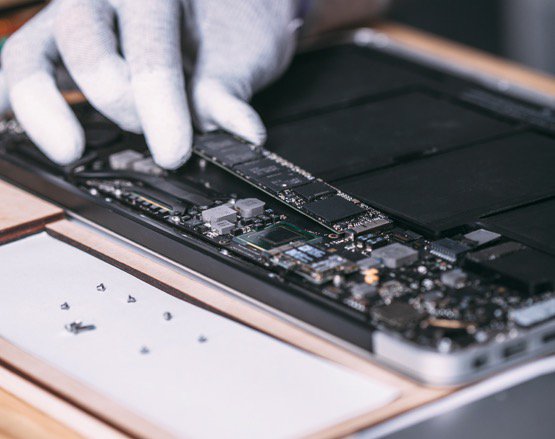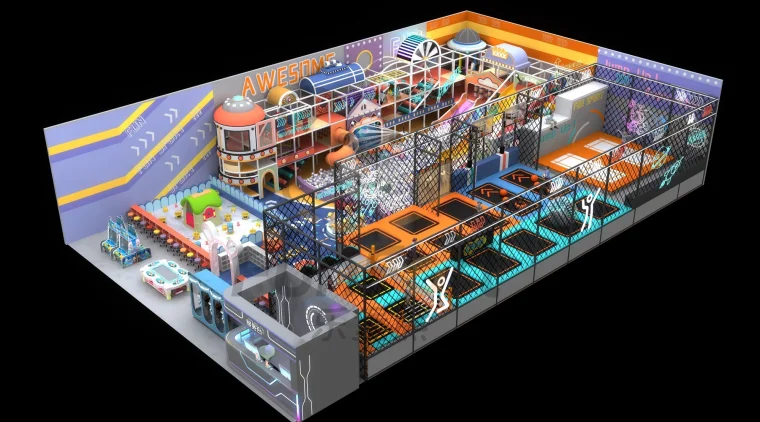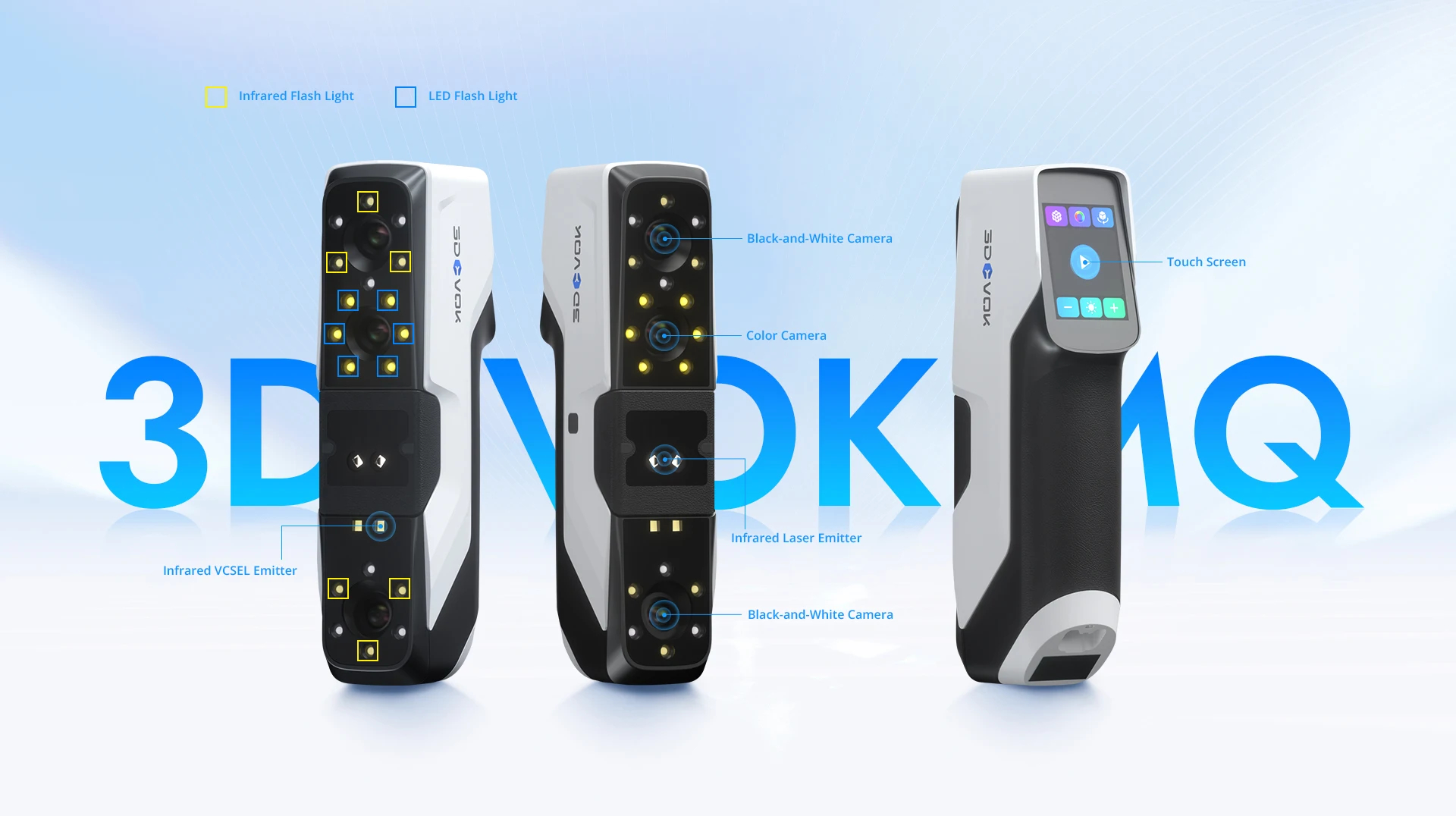When it comes to the question of whether TV is an electrical or electronic device, the answer is not as straightforward as it may seem. In fact, the answer depends on how you define the terms electrical and electronic.
At a basic level, all electronic devices are electrical, but not all electrical devices are electronic. Electrical devices use electricity to perform a specific function, such as heating, lighting, or powering motors. Electronic devices, on the other hand, use electricity to control the flow of electrons and perform complex operations, such as processing data, storing information, and transmitting signals.
So, where does TV fit in? TV is a device that uses both electrical and electronic components to function. The electrical components include the power supply, which converts AC voltage to DC voltage, and the cathode ray tube (CRT), which produces the image on the screen. The electronic components include the tuner, which selects the desired channel, and the video and audio processing circuits, which decode and amplify the signals.
In recent years, however, the technology behind TV has evolved significantly, and the distinction between electrical and electronic components has become less clear. For example, modern TVs use LCD or LED screens instead of CRTs, and they rely heavily on digital processing and communication technologies, such as HDMI, USB, and Wi-Fi.
So, is TV an electrical or electronic device? The answer is both, and neither. TV is a complex device that combines various electrical and electronic components to deliver a seamless viewing experience. However, as technology continues to advance, the line between electrical and electronic devices is becoming increasingly blurred, and the distinction may become less relevant in the future.





More Stories
LTE CAT4 Performance Analysis: Downlink/Uplink Efficiency in Portable WiFi Hotspots
High-Performance Cat7 S/FTP Network Cables for Infrastructure
Performance, Application Scenarios and Selection of External Panel Materials for Outdoor Mobile Shelters